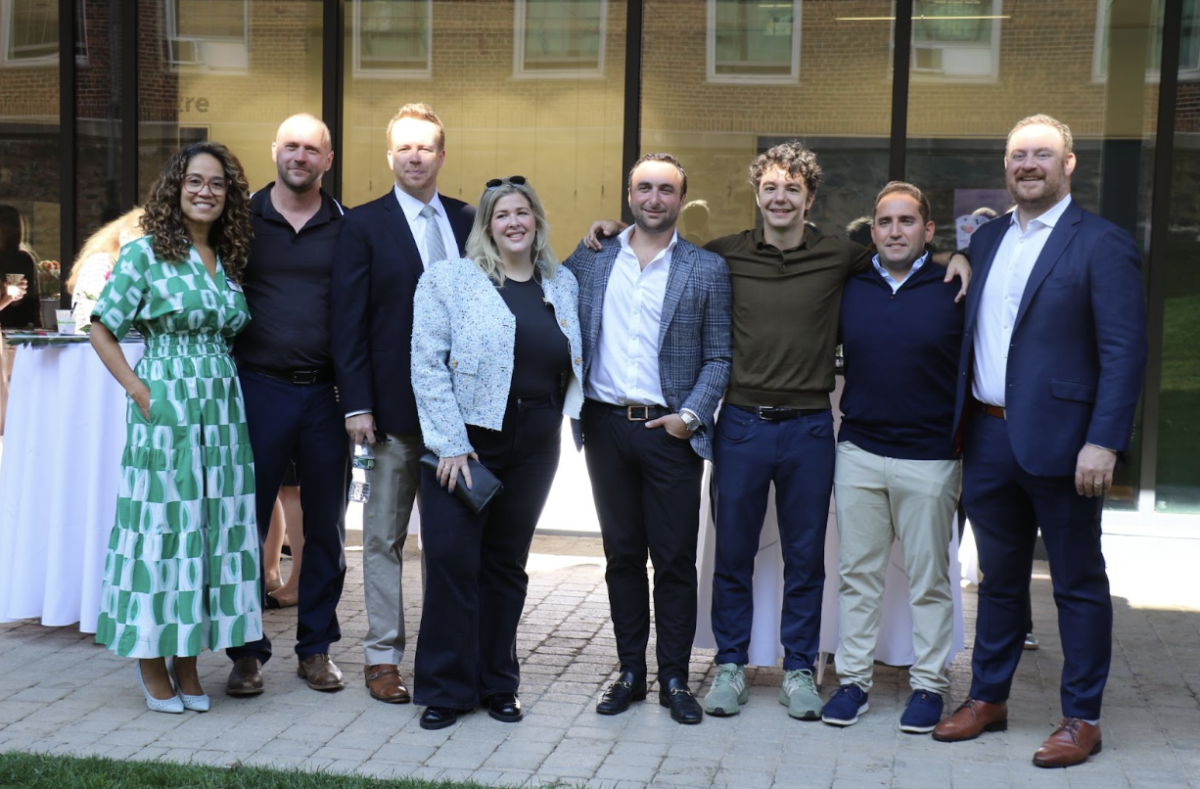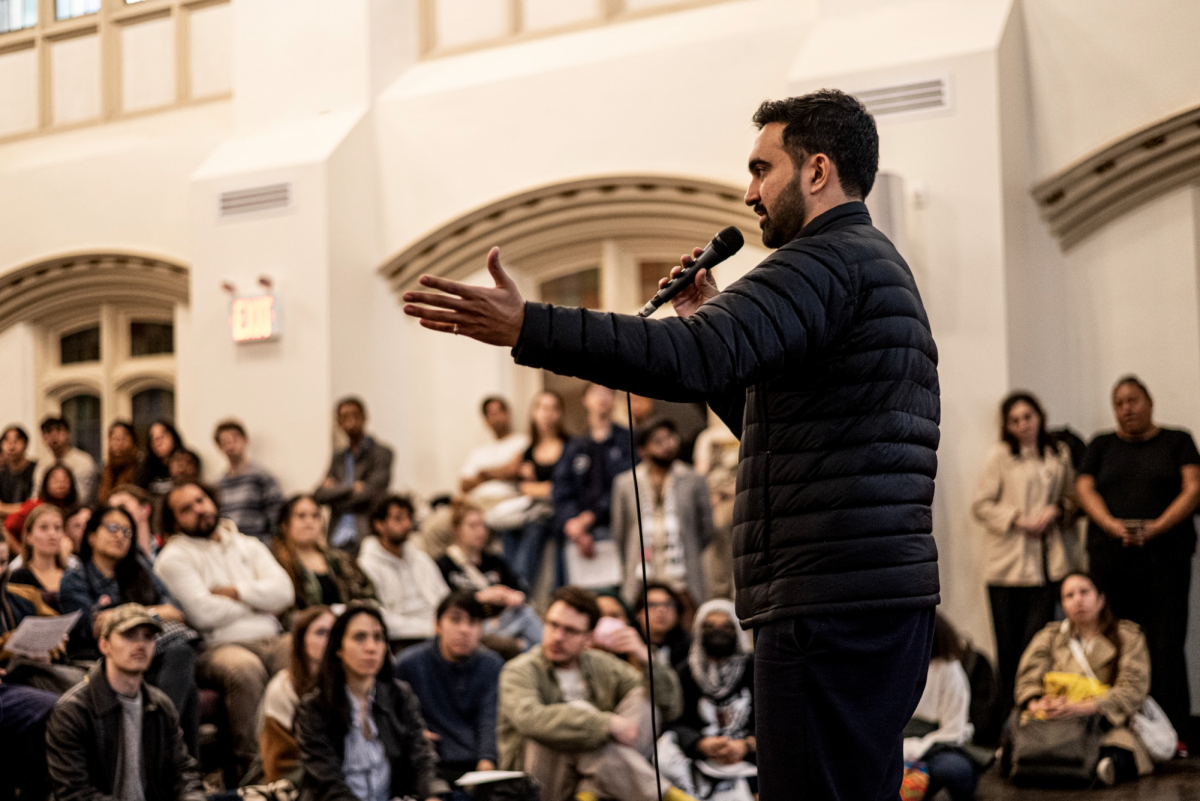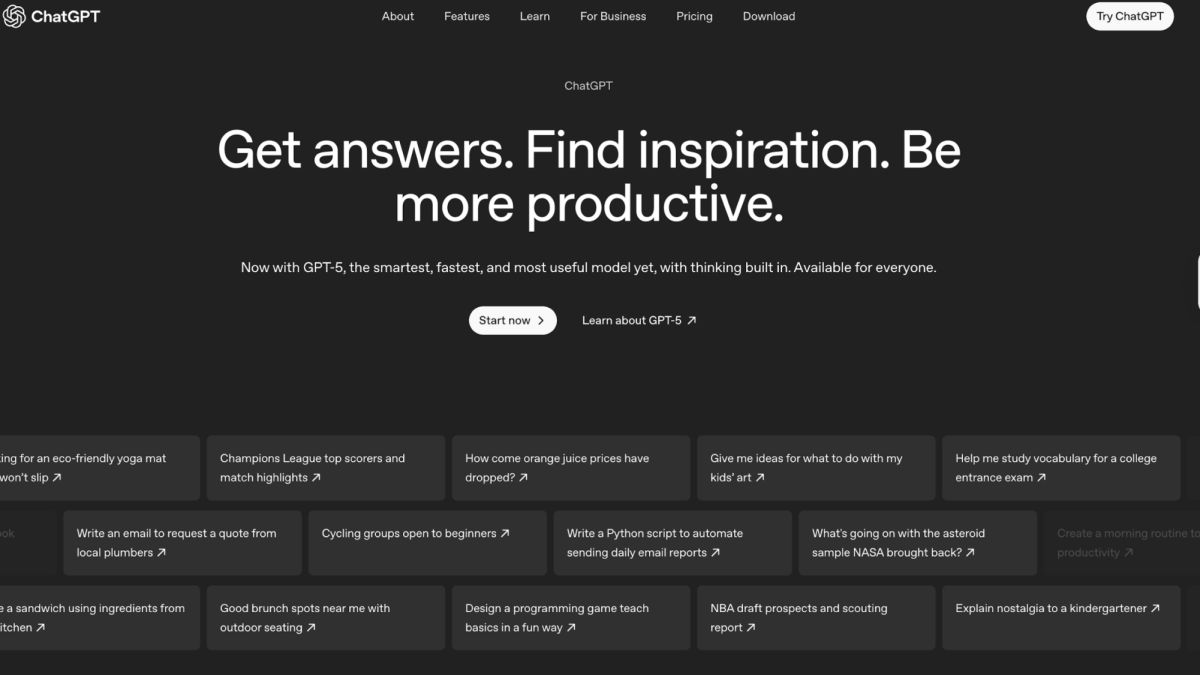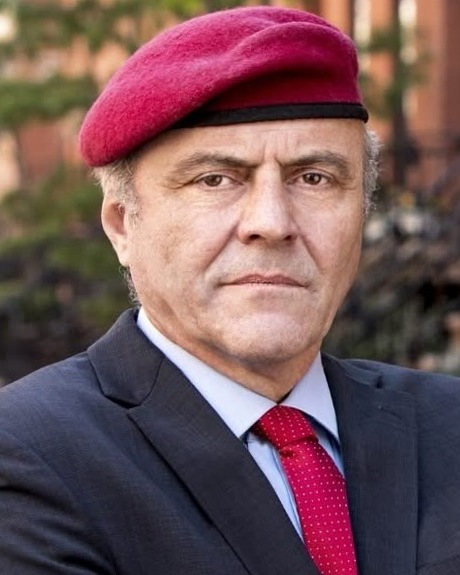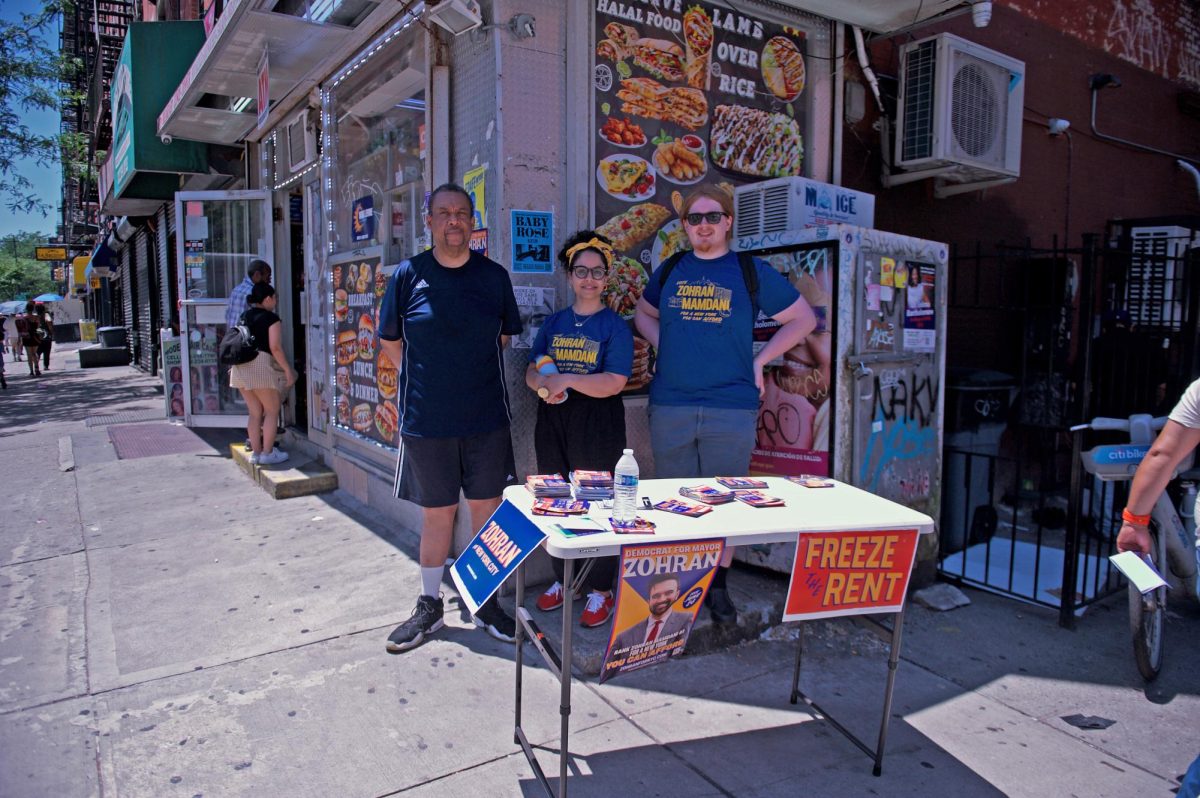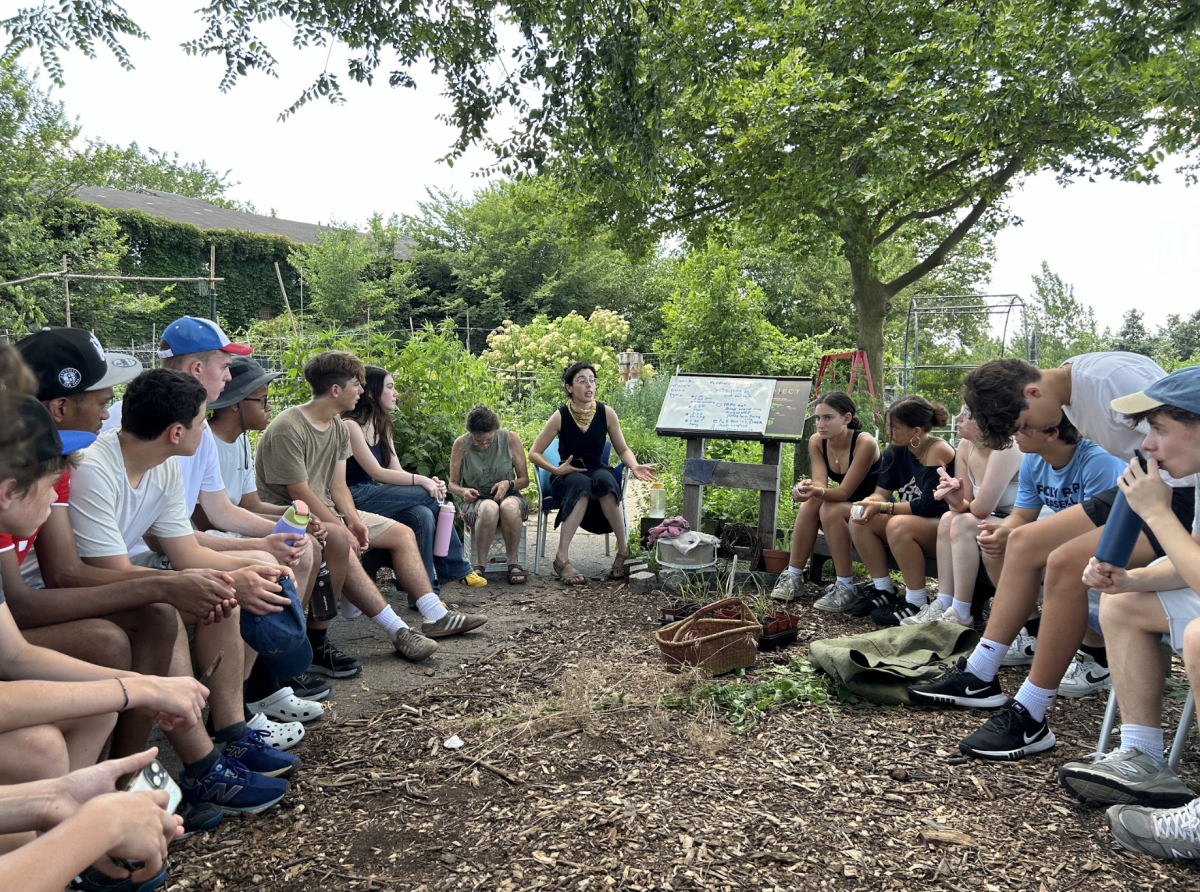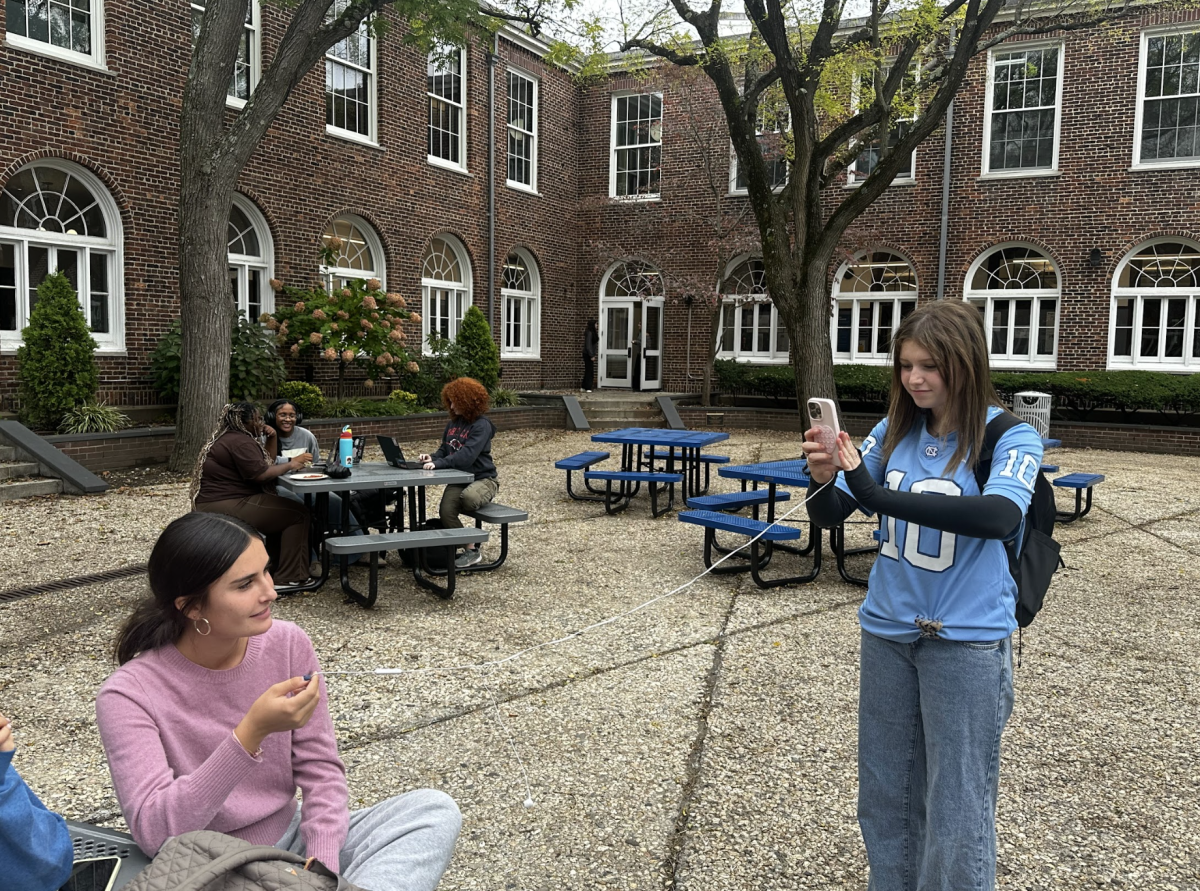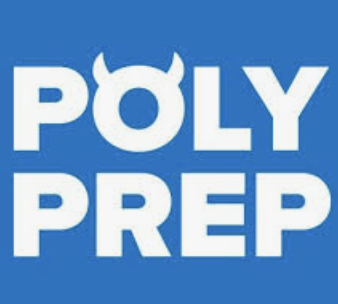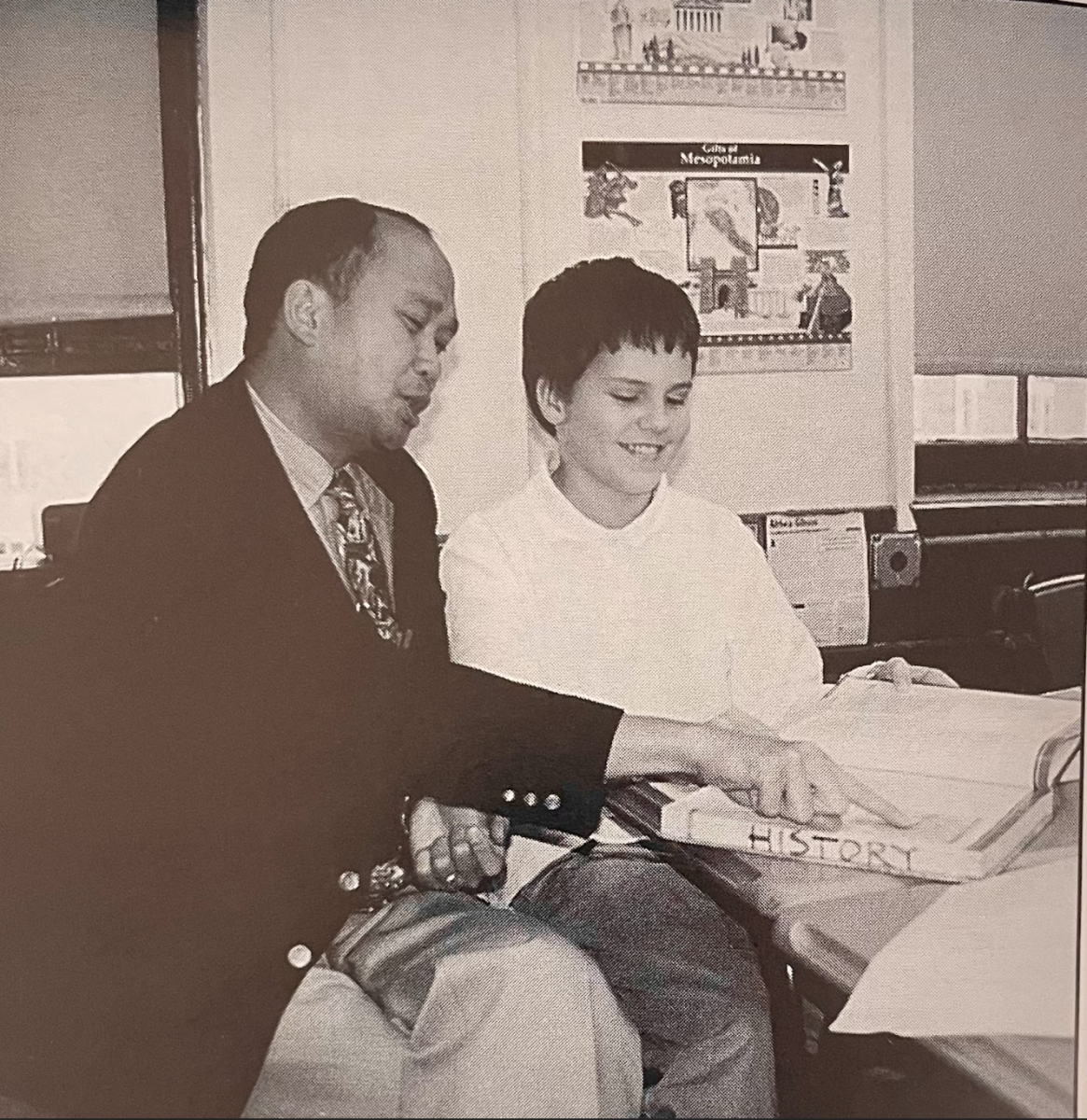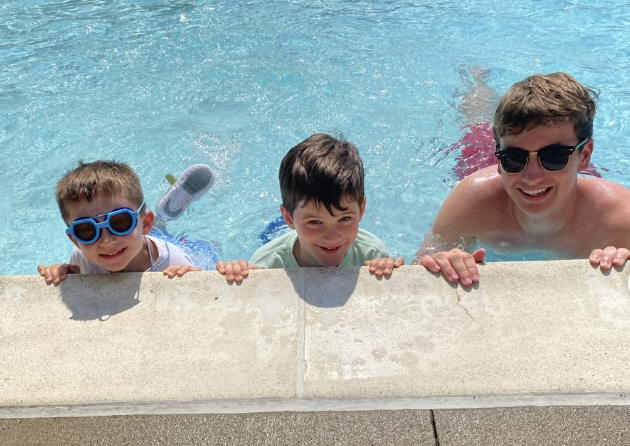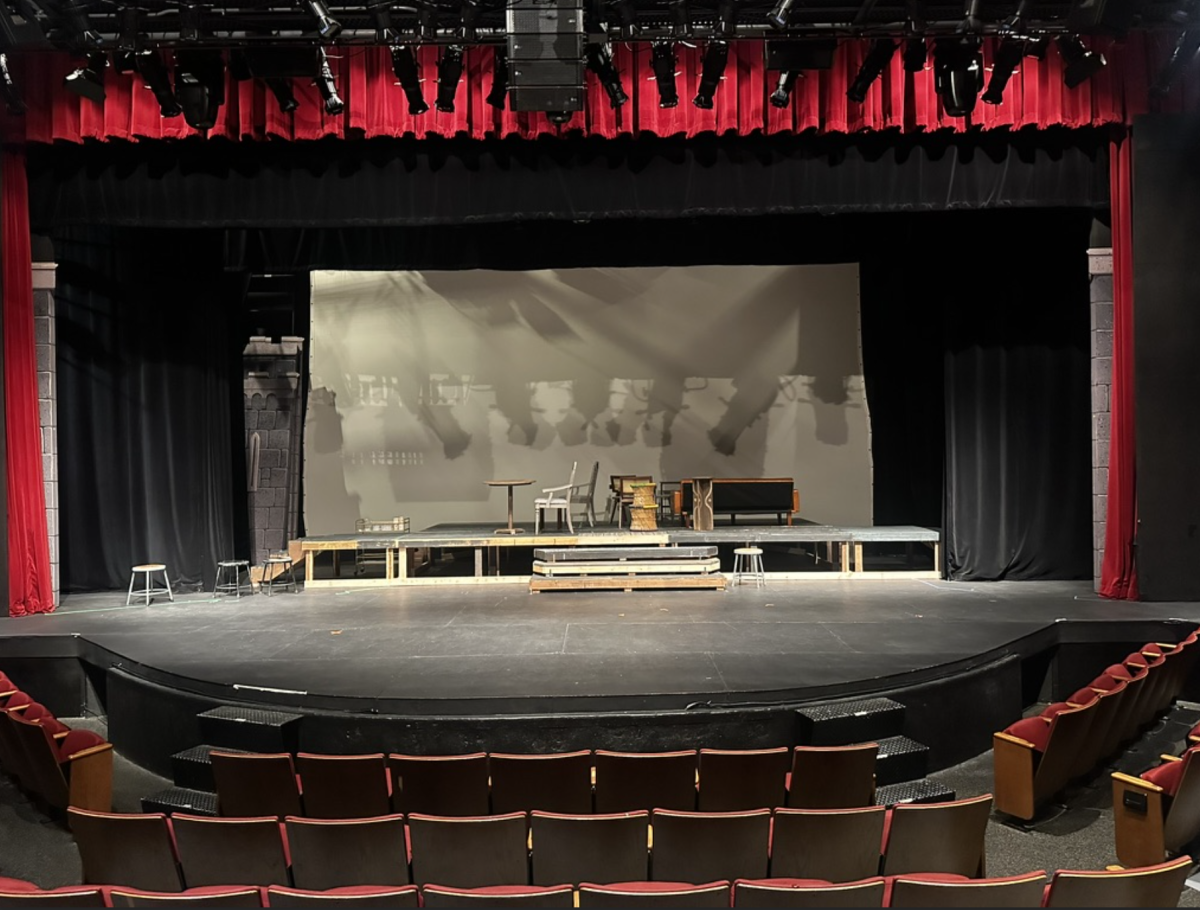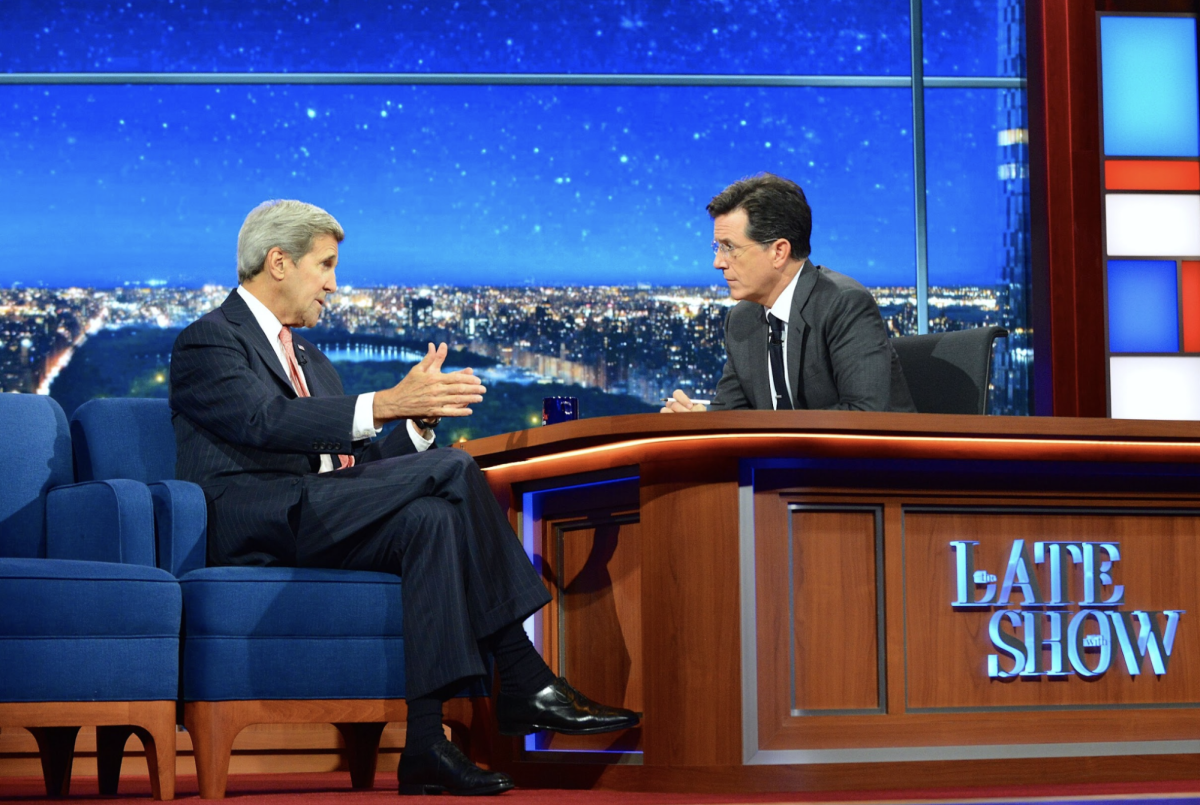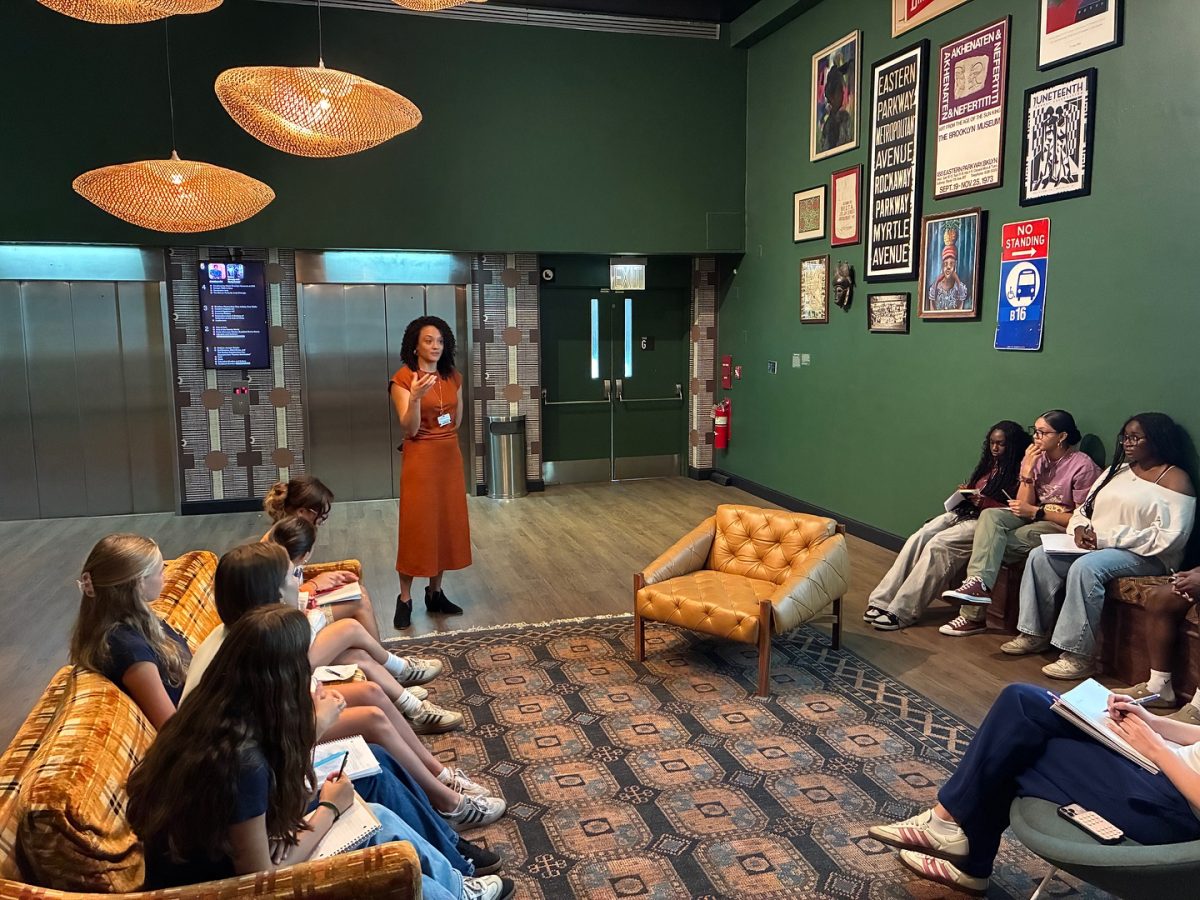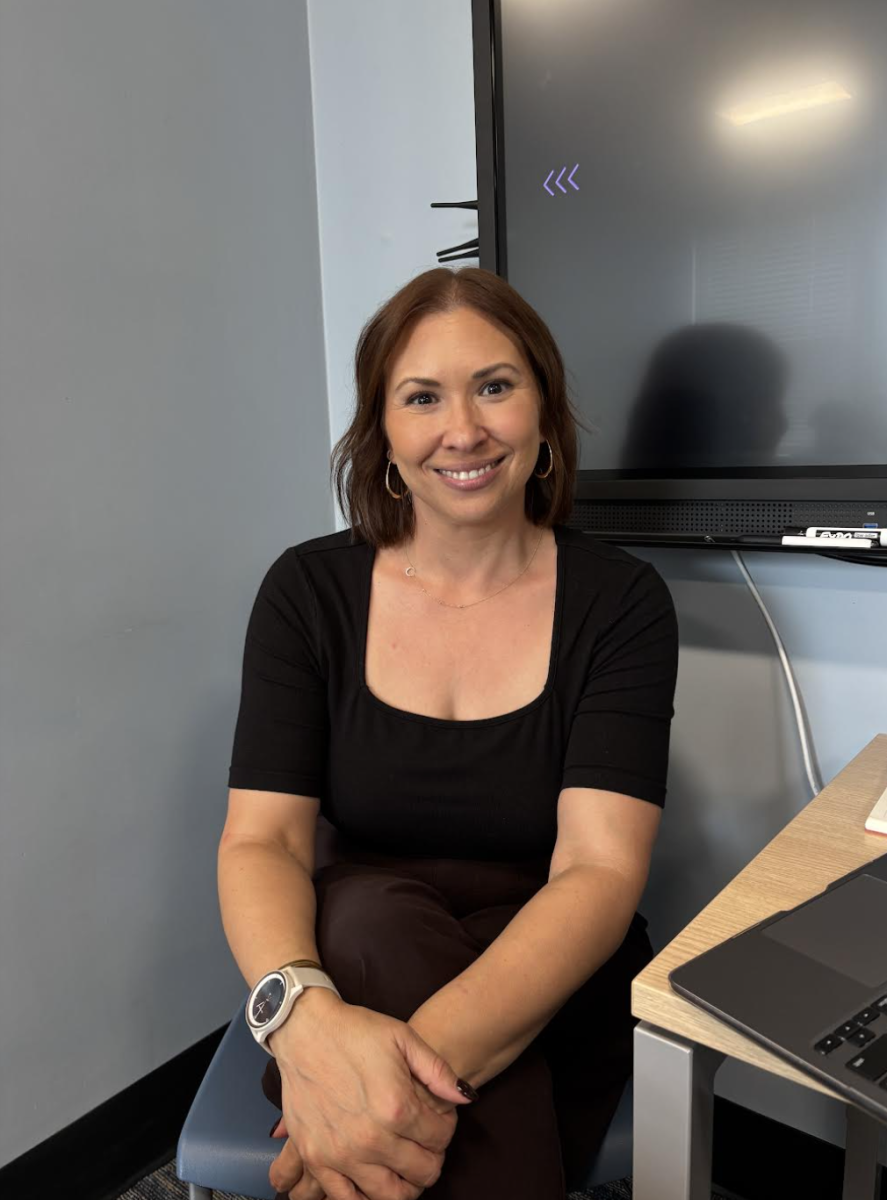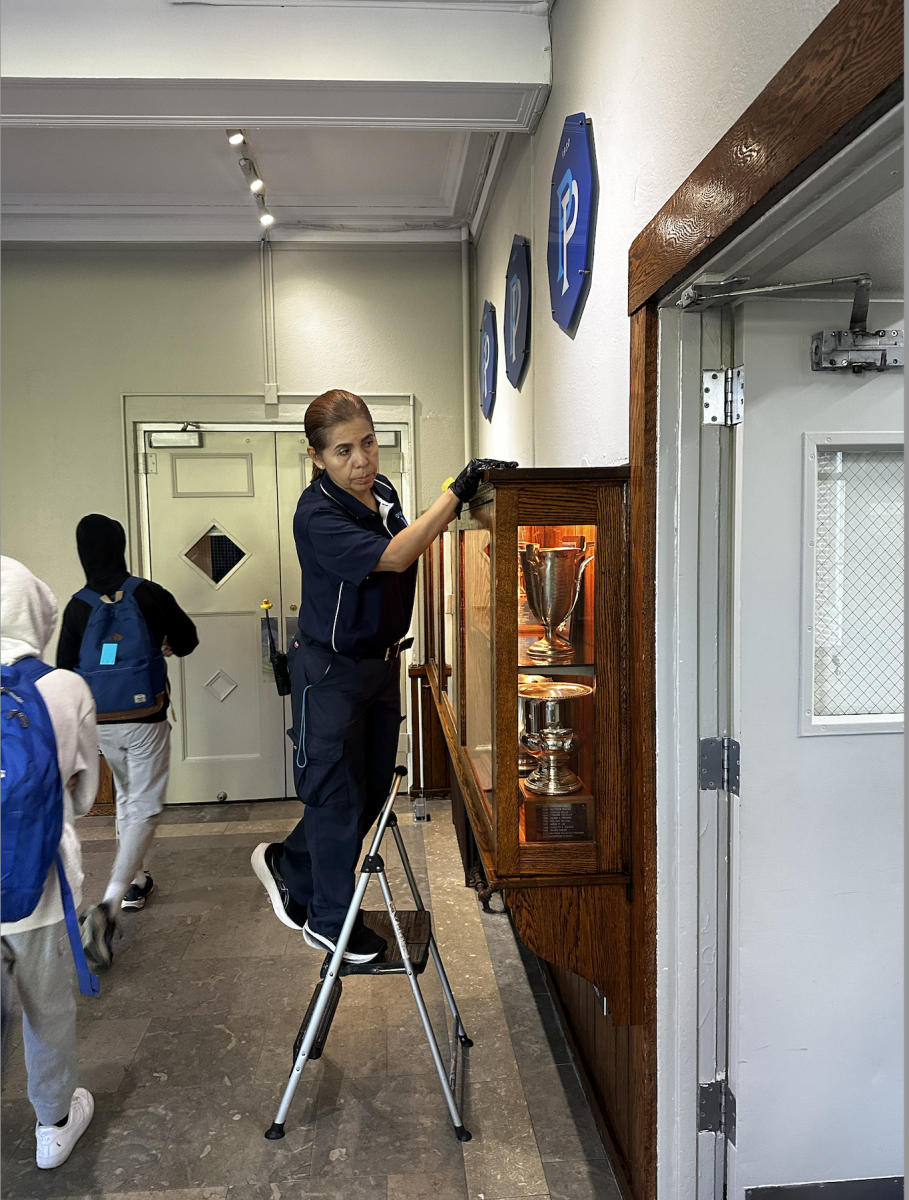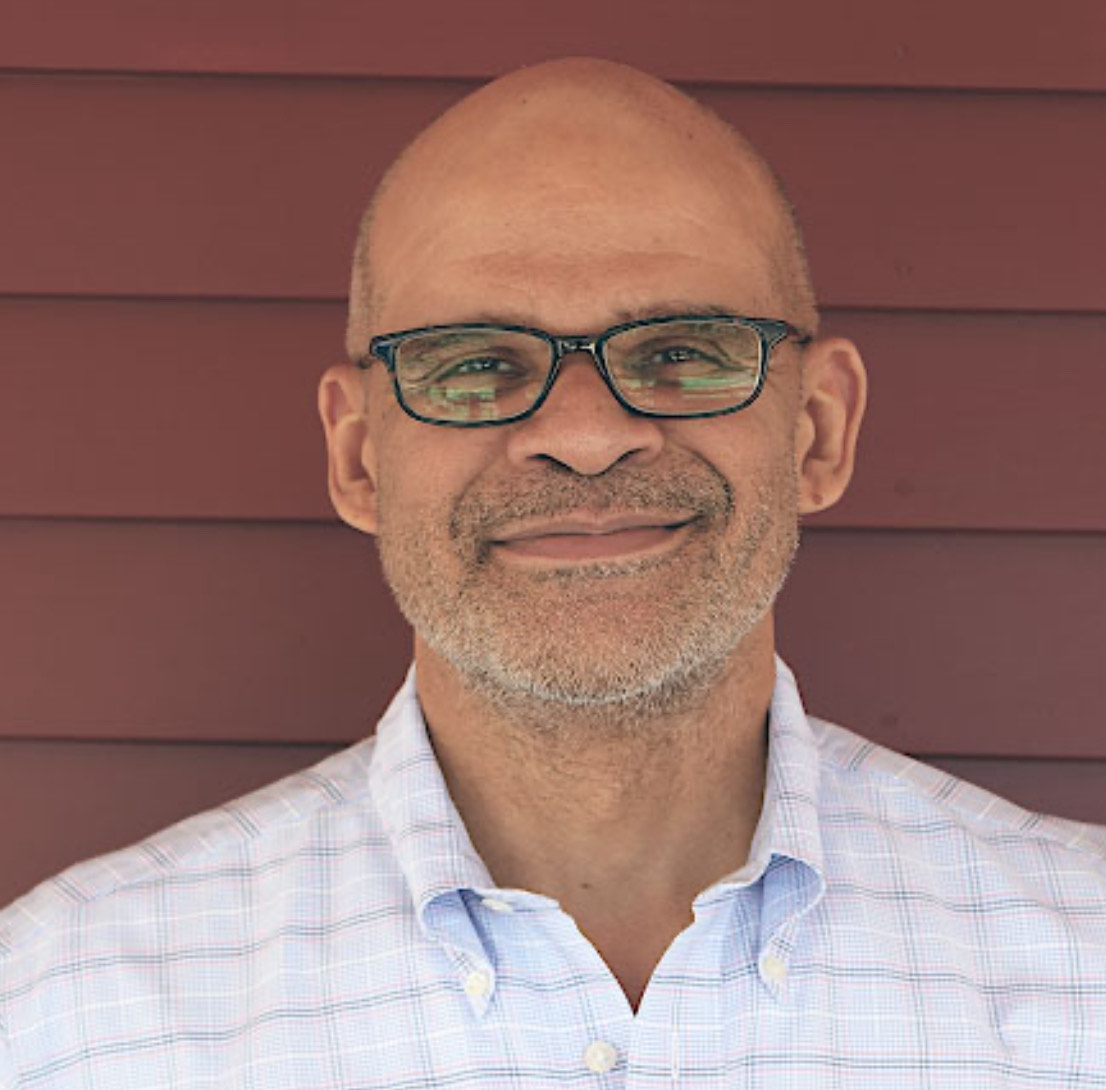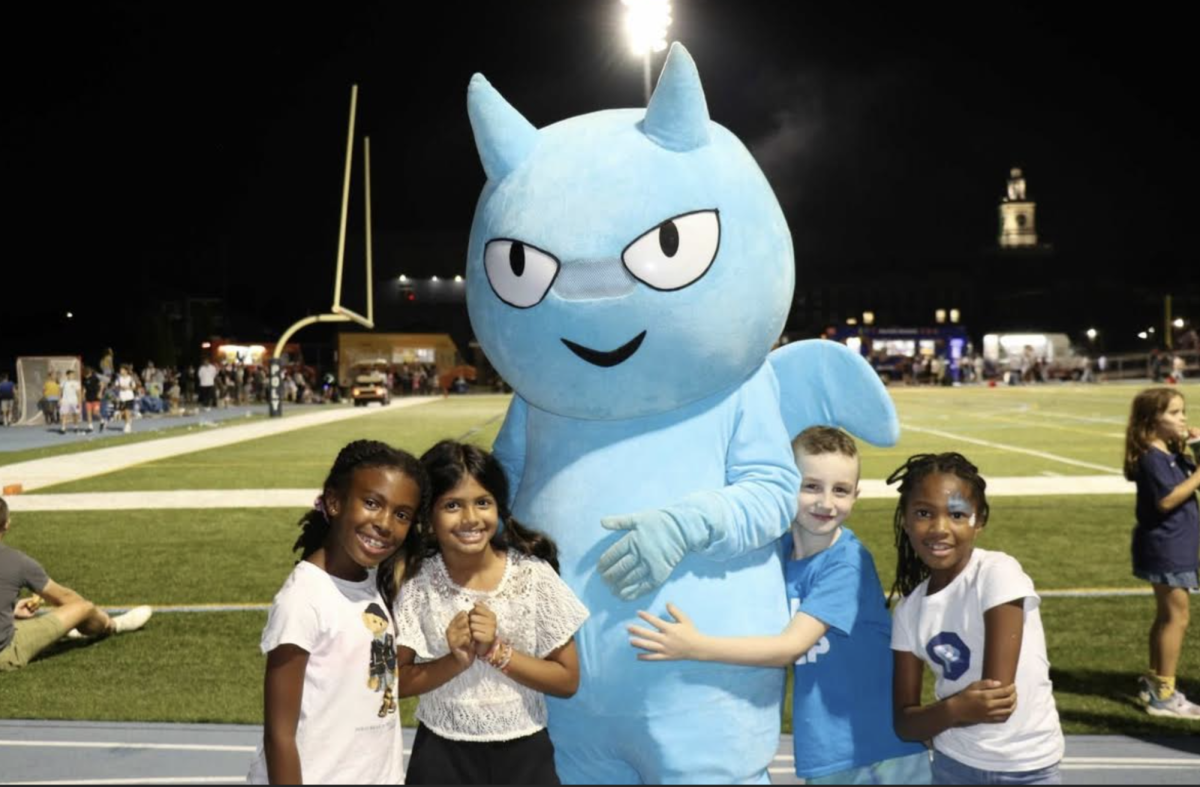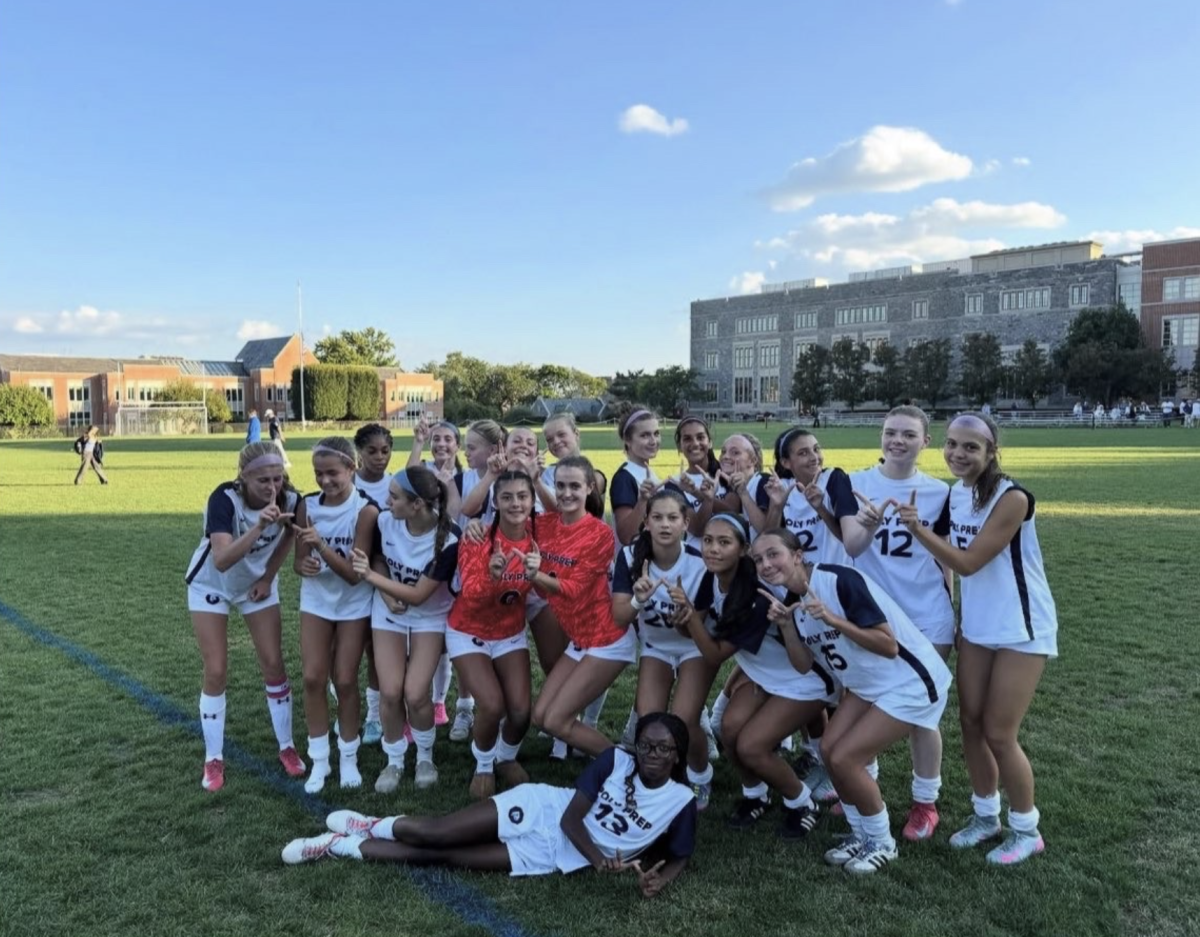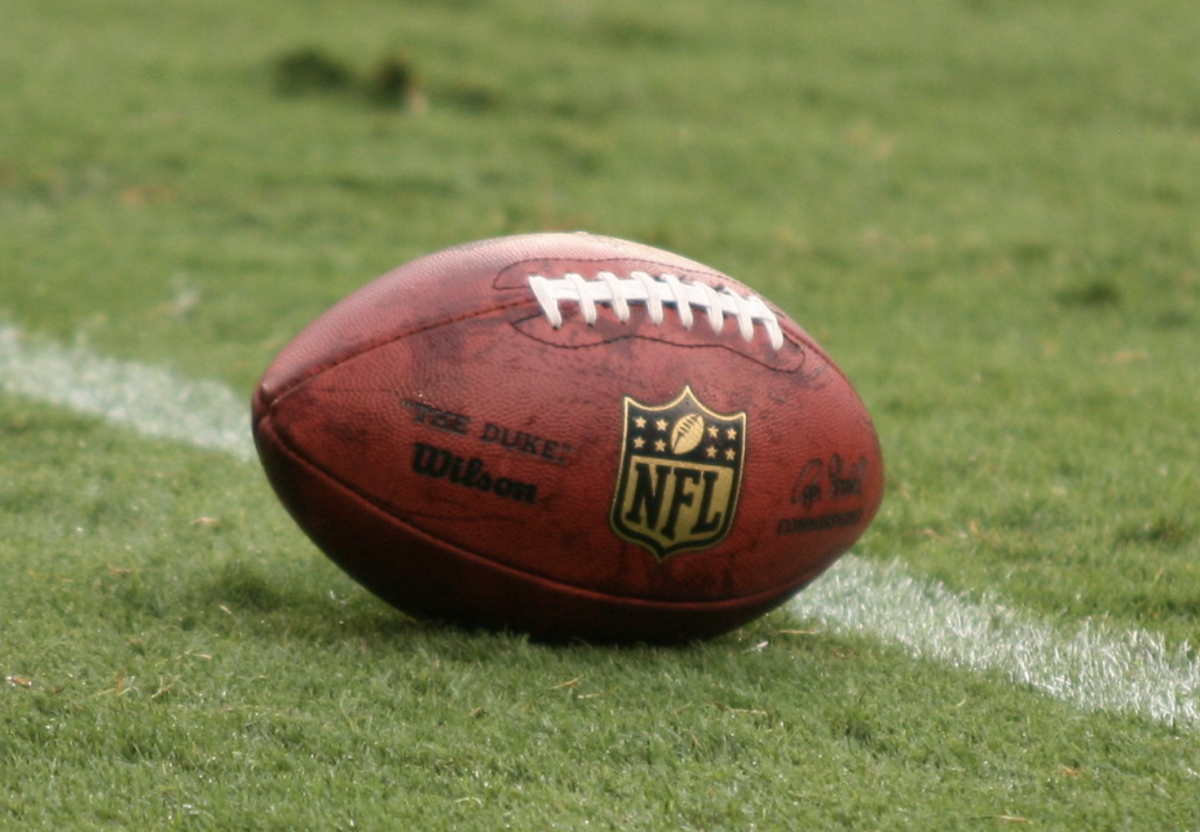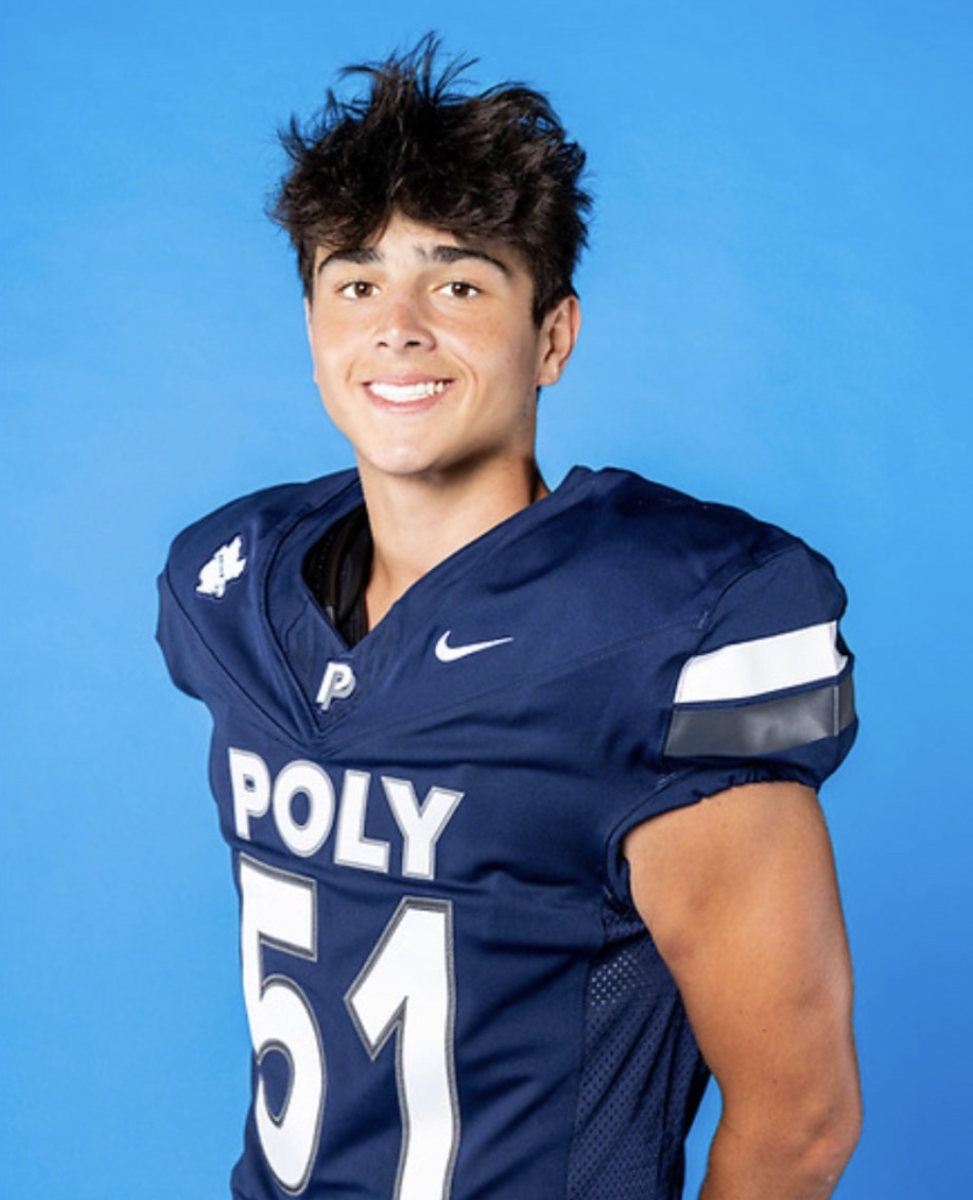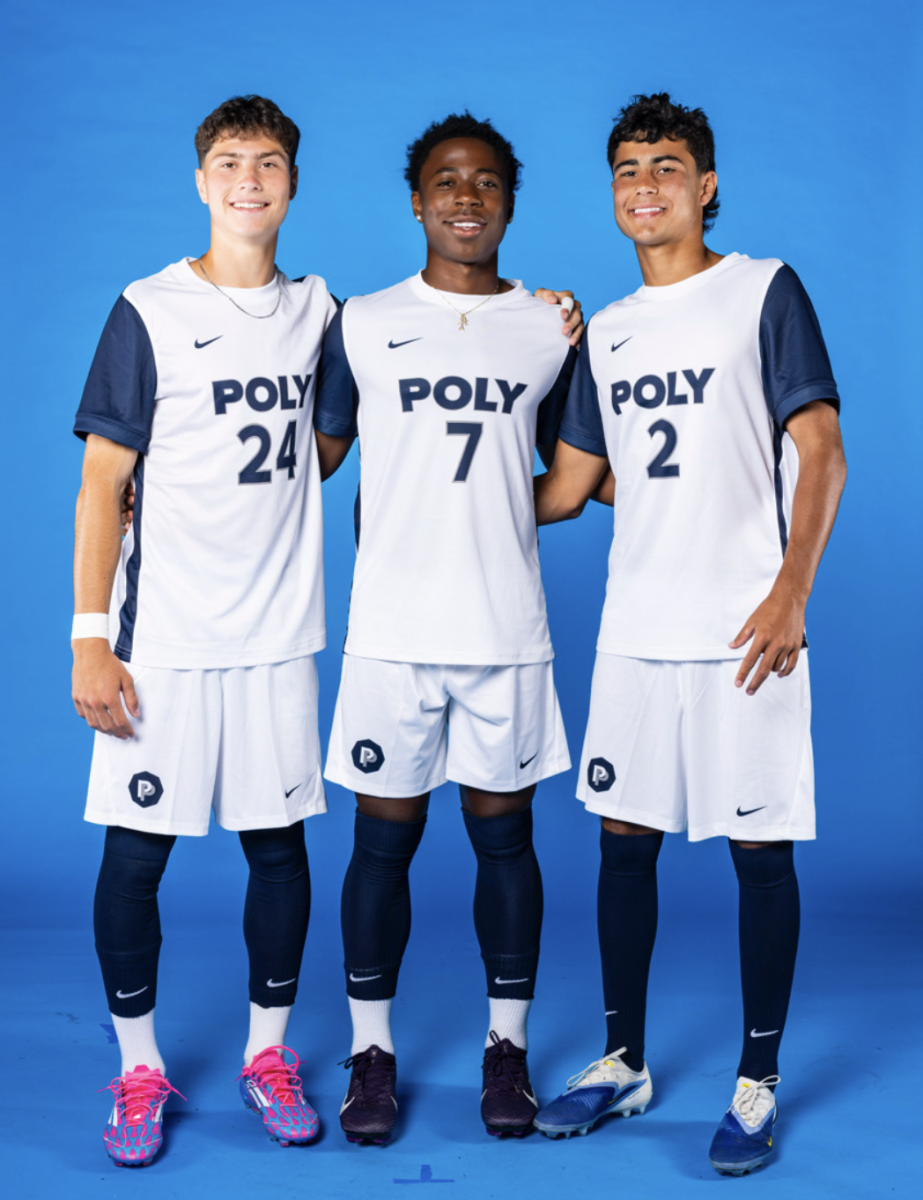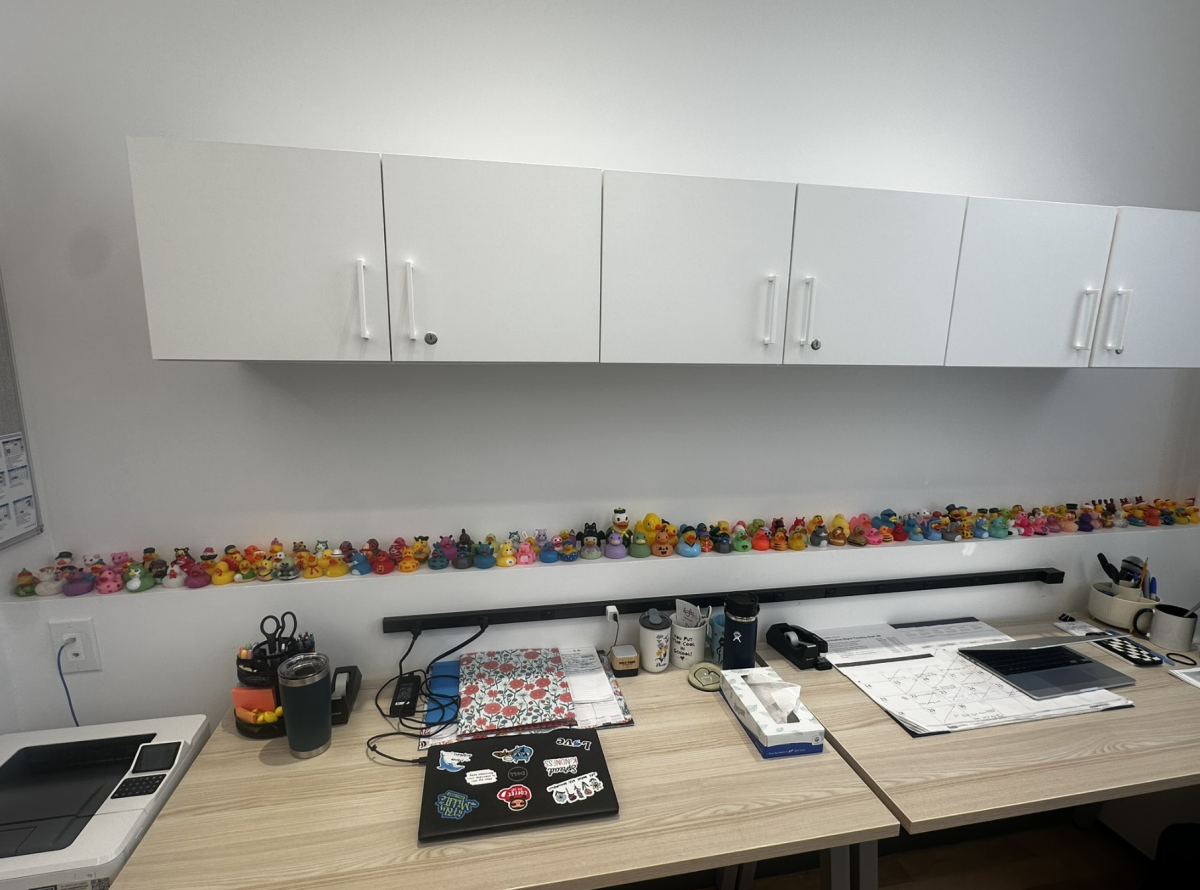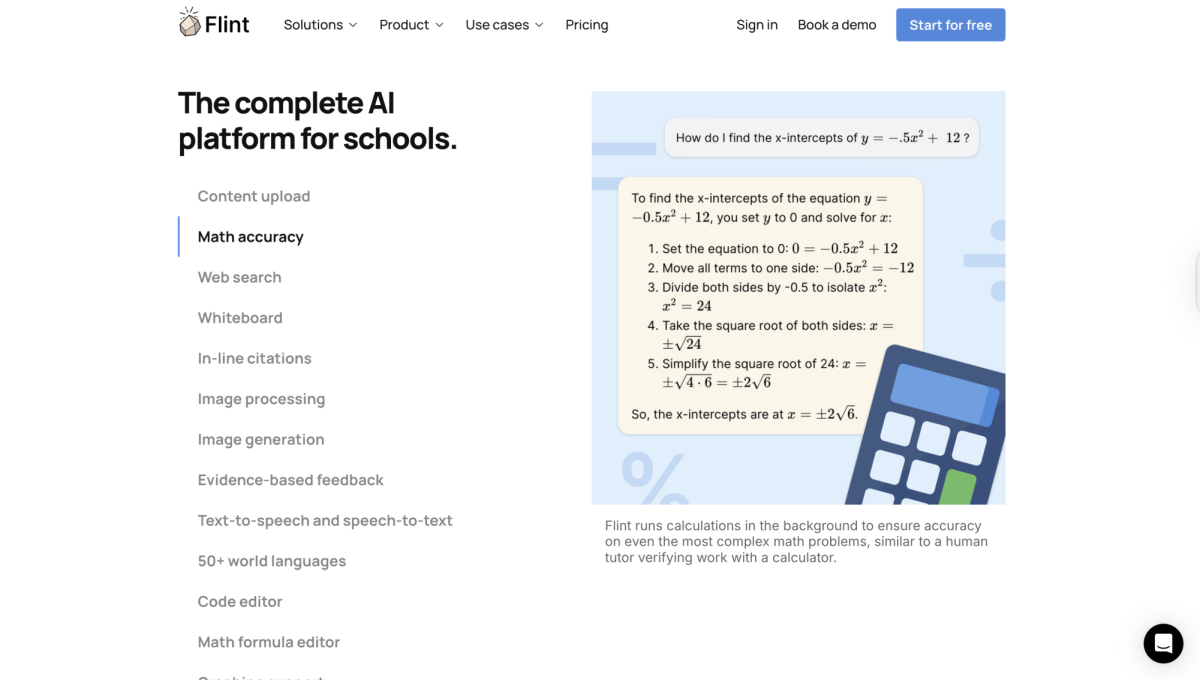As the 2024 presidential election nears on November 5 between Vice President Kamala Harris and Former President Donald Trump, Poly Prep has made an effort, in various ways, to reach out and educate students about the election. “We want to be able to teach our students the history of the government, while also helping them have the tools and the support they need to navigate such a tricky time,” said History Department Chair Virginia Dillon. Dillon took the lead on Poly Prep’s election programming for this year.
Dillon explained some of the steps in the programming’s plan. “There’s going to be some sort of work prior to the election. So if you’re in history class, your history teacher is going to take you through an election lesson,” she said. “We are also going to have, on October 17, what we’re calling election workshops. These are going to be during an assembly time, about 40 minutes or so. And these are an ability to go into greater depth in an area of interest to the student, such as things like the Electoral College and its critics, or the role of media or voting rights or race in the election.”
“The election programming has been in process since March of last school year,” said History Faculty and Director of Service Learning Elijah Sivin. The months of planning have led to many opportunities to learn more on the election and address the importance of these times. Over the next few months, the program will also include opt-in sessions for students and faculty to speak about the election and an assembly on voter registration.
There are widespread political opinions regarding the election. “What we want from those political differences within our community is to get to a point where we can learn and talk from one another,” said Dillon.
In an article by the Washington State school newspaper, they instruct schools to “Help students look for common ground — not necessarily with the candidates, but with class members with whom they may disagree. Acknowledge that the purpose of this safe learning space is not to agree but to allow for reflection and processing.”
Many political views can stem from our media in these times. “When a student sees something on their phone, I want them to think to themselves about the accuracy of their feed, whether that be on TikTok, YouTube, Instagram,” said Dillon. The election is covered daily by the media, and as students browse online, they can form opinions through headlines and quotes. One way to avoid biases in news coverage and misinformation is to gain information through several different sources. “Understand the political leanings of media outlets. There are many reasons why a certain publication may favor a particular party, but it is important to understand that this may impact how they present stories and choose what to cover. Consume news from a diverse range of sources to gain a well-rounded perspective on political events,” stated Impressorg.
One way Poly aims to combat the issues that may arise with an election is by allowing spaces for students to converse about their opinions and the news they’re hearing. Chief People Officer at Headspace, Karan Singh, wrote in an article that, “Creating a haven for disagreement is essential for building psychological safety at an organization.” These spaces bring positive discourse that is informative and allows students to freely express their opinions.
Dillon doesn’t want the topic of political discourse to disappear after the election. “One of the things I don’t want to happen is for people to think, ‘We’re done. We did it. We did civics. We did government. We can check that off our list and bring it up again in another four years,’” she said. “There’s been a lot of interest from students, particularly about the importance of local elections as well.”

